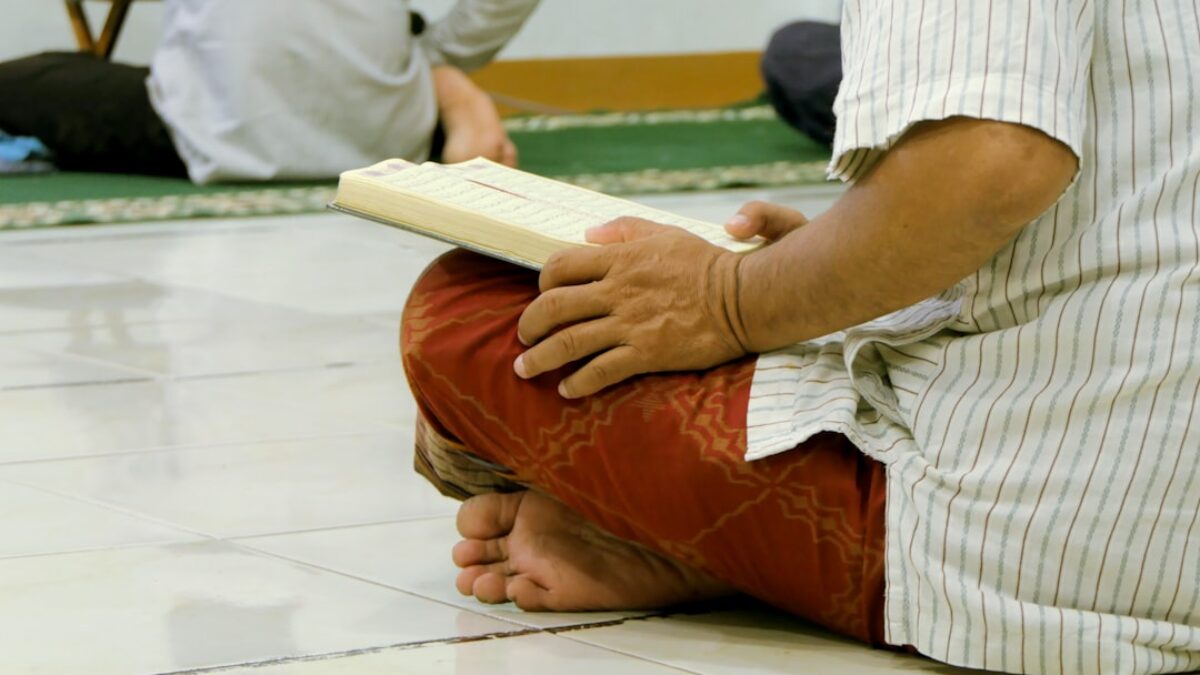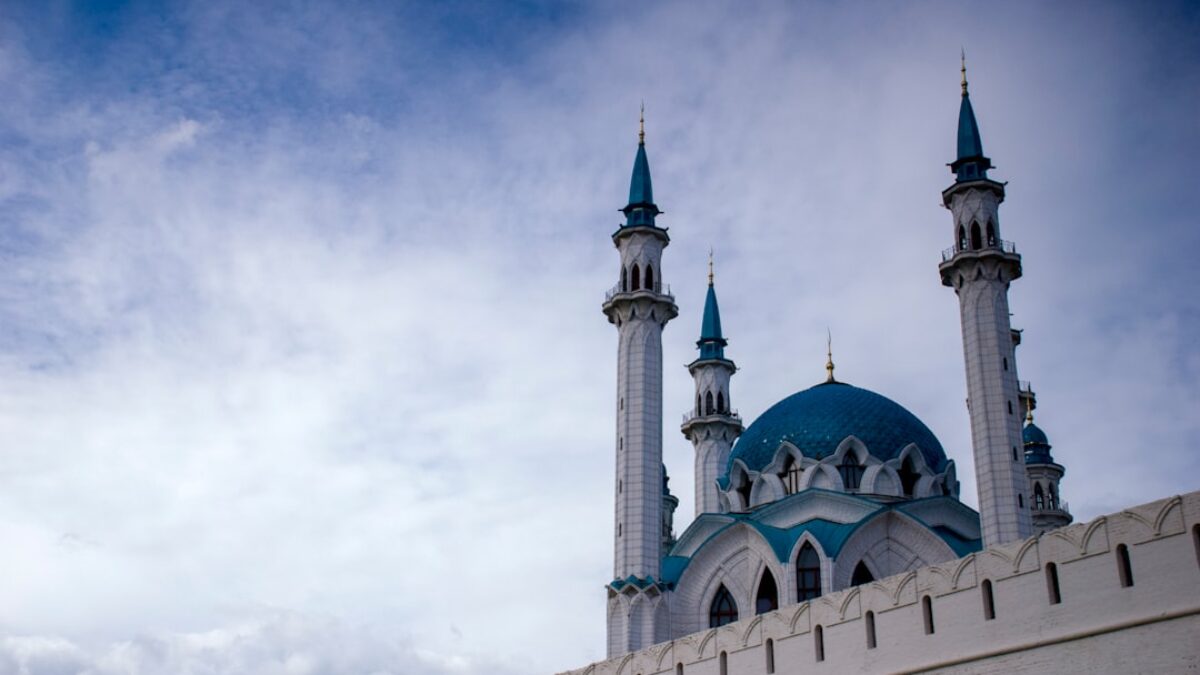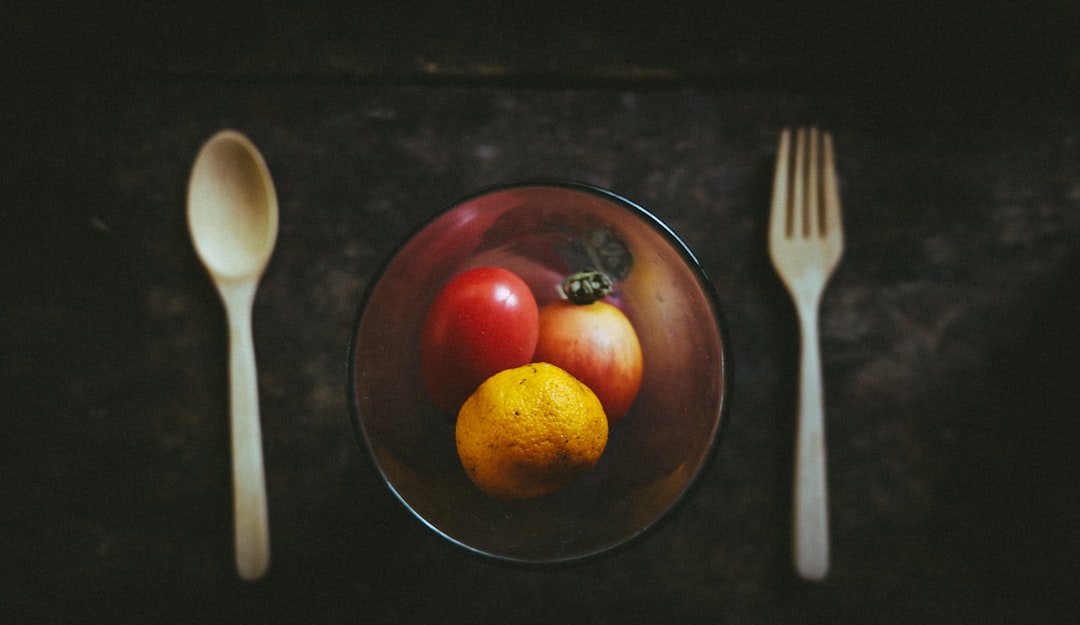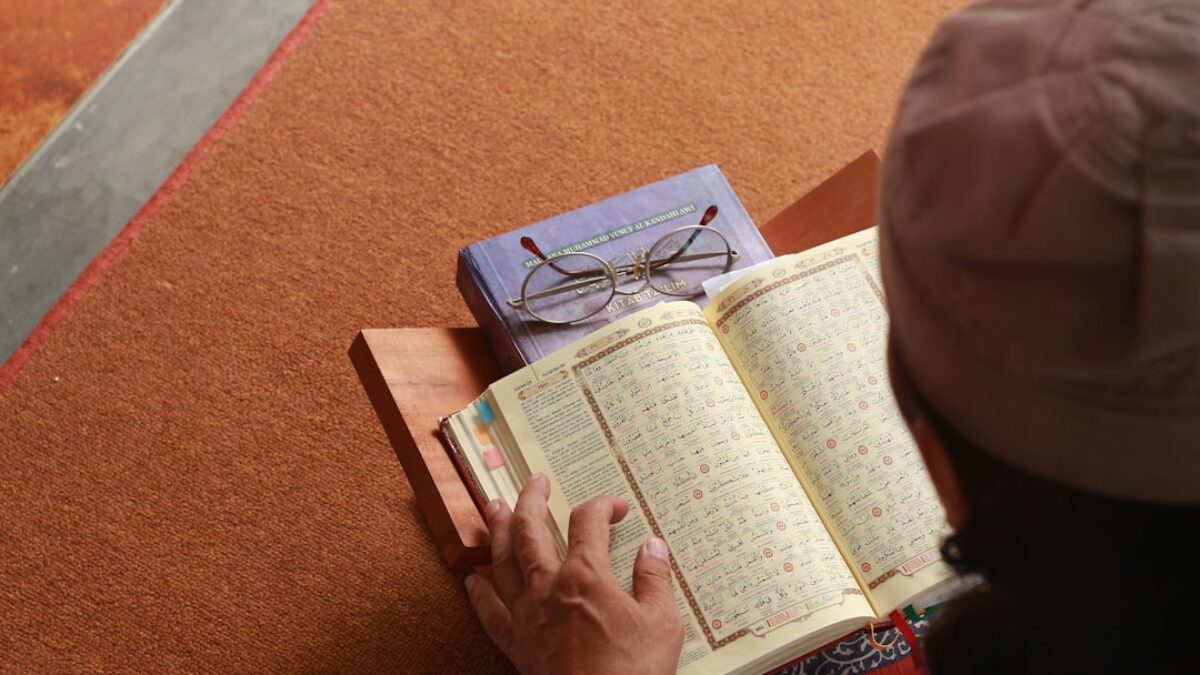Ramadan arrives like a gentle tide of mercy, drawing every believing heart toward deeper sincerity. Within its luminous nights and disciplined days, Muslims discover that supplication (duʿāʾ) is not merely a ritual add-on but the very oxygen of spiritual life. When the body is emptied by fasting and the ego is humbled by thirst, the soul becomes porous—ready to absorb every whispered plea. Ramadan duas for spiritual strength are therefore far more than memorised phrases; they are living conversations with the Divine that re-wire our perception, strengthen inner resolve, and anchor us in unshakeable faith.
Understanding Ramadan Dua for Spiritual Strength Ramadan dua refers to any supplication offered during the month of fasting, yet the most potent ones are those consciously framed to build spiritual stamina. The Qur’an reminds us: “Call upon Me; I will respond to you” (40:60), and Ramadan amplifies this promise. The Prophet ﷺ said, “Duʿāʾ is the essence of worship” (Tirmidhī). When we couple that reality with the unique atmosphere of Ramadan—the angels descend, the gates of Paradise are opened, and the devils are chained—we realise why our pleas carry extraordinary weight.
Spiritual strength, in an Islamic context, is the capacity to remain steadfast on Allah’s path regardless of internal whispers or external pressures. It manifests as:
- Consistency in obligatory and voluntary acts
- Resilience against sin and heedlessness
- A tranquil heart even in calamity
- An ever-increasing love for Allah and His Messenger ﷺ
Duas formulated for these goals shift our focus from what we want from Allah to what Allah wants from us, thereby transforming desire into devotion.
The Qur’anic Model of Strength-Building Supplications
When Allah describes the believers in Surah Āl-ʿImrā, He cites their dua: “Our Lord, do not let our hearts deviate after You have guided us, and grant us mercy from Yourself; indeed, You are the Bestower” (3:8). Notice the sequence—protection from deviation precedes mercy. Ramadan is the ideal laboratory to internalise this order. We fast and pray, but without a dua that seeks steadfastness, we risk a spiritual relapse on Eid morning. The Qur’an thus teaches us to weave strength-seeking phrases into every Ramadan moment, whether at ifṭār, suḥūr, Taraweeh, or the depths of the last third of the night.
Key Components of Effective Ramadan Duas
To craft or recognise a dua that genuinely fortifies the soul, observe six interconnected elements:
- Presence of Heart (Ḥuḍūr al-Qalb) – The tongue moves only after the heart has arrived.
- Adherence to Sunnah Wording – The Prophet’s phrasing carries barakah; innovation is unnecessary.
- Clarity of Intention – Specify the spiritual malady you seek to remedy: pride, laziness, ingratitude, etc.
- Persistence – Repetition across Ramadan nights engraves the plea on the soul.
- Contextual Timing – Certain hours and places multiply acceptance.
- Complementary Action – Combine dua with acts that embody the strength you seek—for example, fight anger with charity.
Foundational Phrases for Inner Fortitude
Below are core Arabic duas that the Prophet ﷺ and the righteous predecessors used specifically for spiritual resilience. Each is followed by a concise commentary and suggested moment in Ramadan to deploy it.
| Dua | Translation & Commentary | Ramadan Timing |
|---|---|---|
| Allāhumma ya muqalliba l-qulūb, thabbit qalbī ʿalā dīnik | “O Turner of hearts, keep my heart firm upon Your religion.” Seeking istiqāmah. | After every ṣalāh, especially Fajr. |
| Allāhumma innī aʿūdhu bika min zawālin-niʿmah | “I seek refuge in You from the removal of blessings.” Protects against spiritual regression. | During Taraweeh prostration. |
| Allāhumma infaʿī bi-mā ʿallamtanī wa ʿallimnī mā yanfaʿunī | “Benefit me with what You taught me and teach me what benefits me.” Combines knowledge and practice. | After Qur’an recitation in Qiyām al-Layl. |
| Hasbunā Allāh wa niʿma l-wakīl | “Allah is sufficient for us, and He is the best disposer of affairs.” Instils tawakkul. | At ifṭār when anxiety surfaces. |
| Allāhumma āti nafsahu taqwāhā, wa zakki-hā anta khayru man zakkāhā | “Grant my soul its taqwā and purify it; You are the best of its purifiers.” | Between the two rukūʿ in Taraweeh. |
Personalising Your Plea: The Sunnah Method
The Prophet ﷺ encouraged tajarrud—stripping down in conversation with Allah. After using the prophetic templates above, add your own words. For instance, if you battle envy, insert: “O Allah, purify my heart from every jealousy that weakens my sincerity.” Keep the language simple and personal; Allah understands every tongue and dialect.
Benefits and Importance of Spiritual Strength Duas in Ramadan
Imagine fasting for thirteen hours yet still scrolling heedlessly at nightfall. The stomach is empty, but the soul is congested. Strength-seeking duas prevent this contradiction. They align the external abstinence with internal vigilance, ensuring that hunger translates into humility, not irritability.
Neurological & Spiritual Synergy
Modern psychology confirms that repetitive, meaningful self-talk rewires neural pathways. When Qur’anic and prophetic phrases are recited in Arabic with reflection, the limbic system (emotional centre) calms while the prefrontal cortex (executive control) sharpens. In simpler terms, you begin to feel and act like the words you utter. Ramadan, by lowering worldly distractions, becomes the perfect incubator for this brain–soul synergy.
Societal Ripple Effect
An individual fortified by dua radiates stability. Families quarrel less; mosque congregations soften. The Prophet ﷺ said, “The best of you are those who are best to their families” (Tirmidhī). When each member nurtures spiritual strength through nightly supplication, the household becomes a micro-cosmos of the Madinan ideal.
Practical Applications: Daily & Weekly Dua Routines
A. Pre-Dawn Blueprint (Suḥūr)
- Two Units of Voluntary Prayer (Ṣalāt al-Ḥājah) before eating.
- Recite three times: Allāhumma bārik lanā fī mā razaqtanā wa qinā ʿadhāba-ār (seeking barakah in food and protection from Hell).
- End with the dua of spiritual armour: Allāhumma ʿāfinī fī badanī, Allāhumma ʿāfinī fī samʿī… (covering body, hearing, sight, and heart).
B. Midday Recharge (Ẓuhr Break)
Most people experience an energy dip after lunch. Those fasting feel it too. Use this lull to:
- Perform four rakʿahs of Duḥā.
- Recite 100 times: Lā ilāha illā Anta subḥānaka inni kuntu mina ẓ-ẓālimī (the dua of Prophet Yūnus in the belly of the whale).
- Reflective pause: Ask yourself, “What weakness surfaced today—anger, sarcasm, laziness?” Direct your next dua to that exact trait.
C. Nightly Qiyām Cycle (Taraweeh & Tahajjud) Weekly Theme System: Assign each night of the week a specific spiritual muscle.
| Weekday | Theme | Recommended Dua |
|---|---|---|
| Monday | Taqwā (Conscious Piety) | Allāhumma taqabbal minnā ṣiyāmahū wa qiyāmahū |
| Tuesday | Shukr (Gratitude) | Rabbanā taqabbal minnā innaka anta s-samīʿu l-ʿalīm |
| Wednesday | Sabr (Patience) | Allāhumma ṣabbinā ʿalā l-ḥaqq |
| Thursday | Ikhlāṣ (Sincerity) | Allāhumma inna nastaʿīnuka wa nastaghfiruka |
| Friday | ʿIlm (Beneficial Knowledge) | Rabbi zidnī ʿilmā |
| Saturday | ʿAfiyah (Well-being) | Allāhumma ʿāfinī fī dīī wa dunyāya wa ākhira |
| Sunday | Ākhirah Focus | Rabbanā ātinā fī d-dunyā ḥasanah wa fī l-ākhirati ḥasanah |
D. Closing the Fast (Ifṭār)
After breaking with dates and water, before the main meal:
- Recite three times: ḏhaba ẓ-ẓamāʾu wabtallati-l-ʿurūqū wa thabata-l-ajru in shāʾ Allāh.
- Add a minute of silent dua asking Allah to make the next day spiritually better than the last.
Frequently Asked Questions
What is the best time within Ramadan to make these strength-building duas?
The last ten nights, especially the odd nights, are the apex. However, consistency beats intensity. A five-minute heartfelt plea after every ṣalāh across the entire month yields deeper roots than one marathon session on Laylat al-Qadr. Remember: the Prophet ﷺ prolonged his qiyām in the last third of every Ramadan night, not only on the 27th.
Can women recite these duas aloud during menses, or should they be silent?
Scholars permit recitation from memory without touching the muṣḥaf. Whether aloud or silent is a matter of custom, not law. The heart must be engaged regardless of the tongue’s volume. If unsure, whispering suffices.
How do I maintain the barakah of these duas after Ramadan?
Design a “Ramadan residue” plan:
Pick one of the daily routines above (e.g., post-Ṣuḥūr dua) and lock it in permanently. Create a digital reminder
























Post Comment